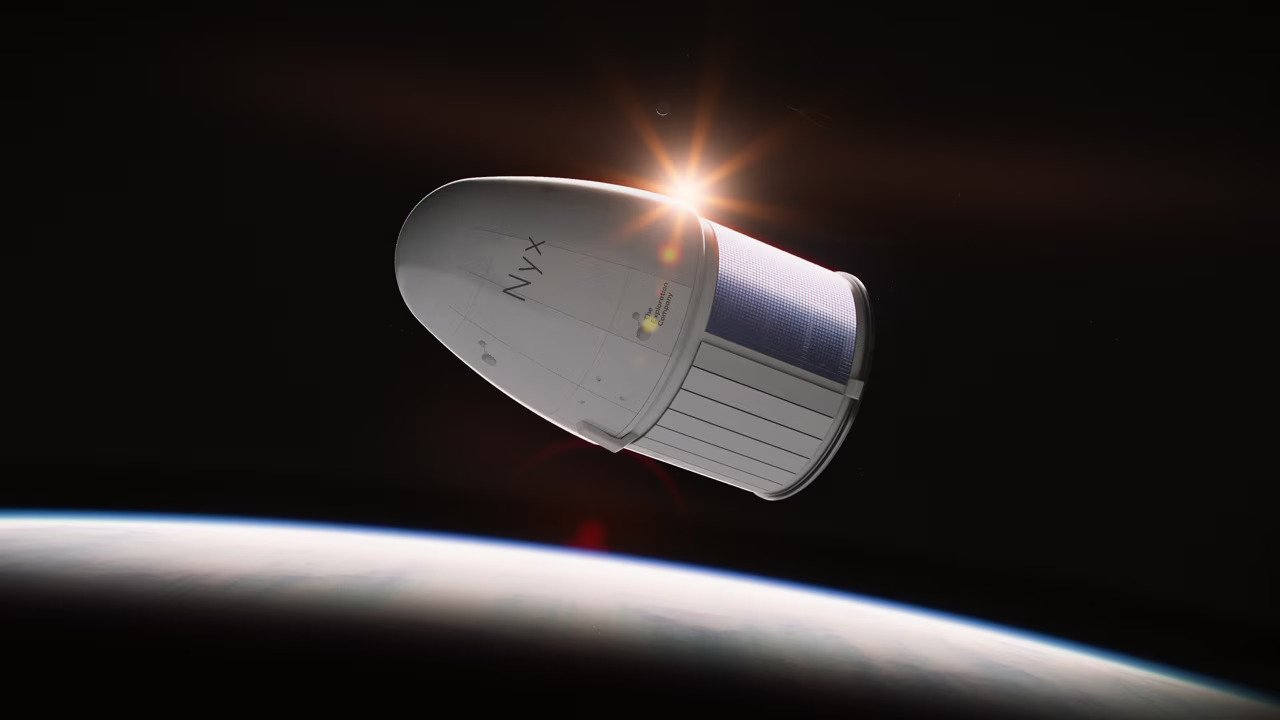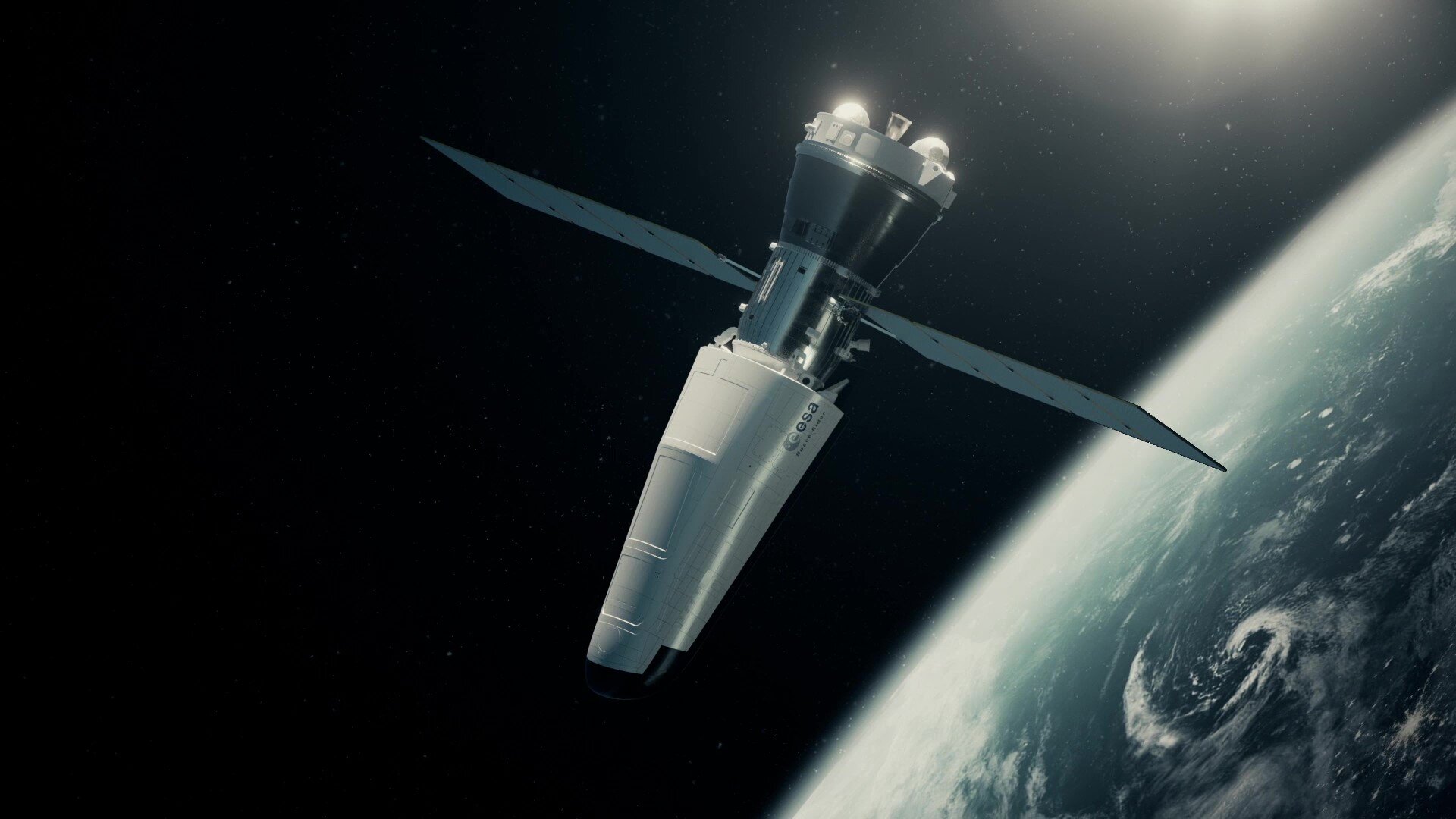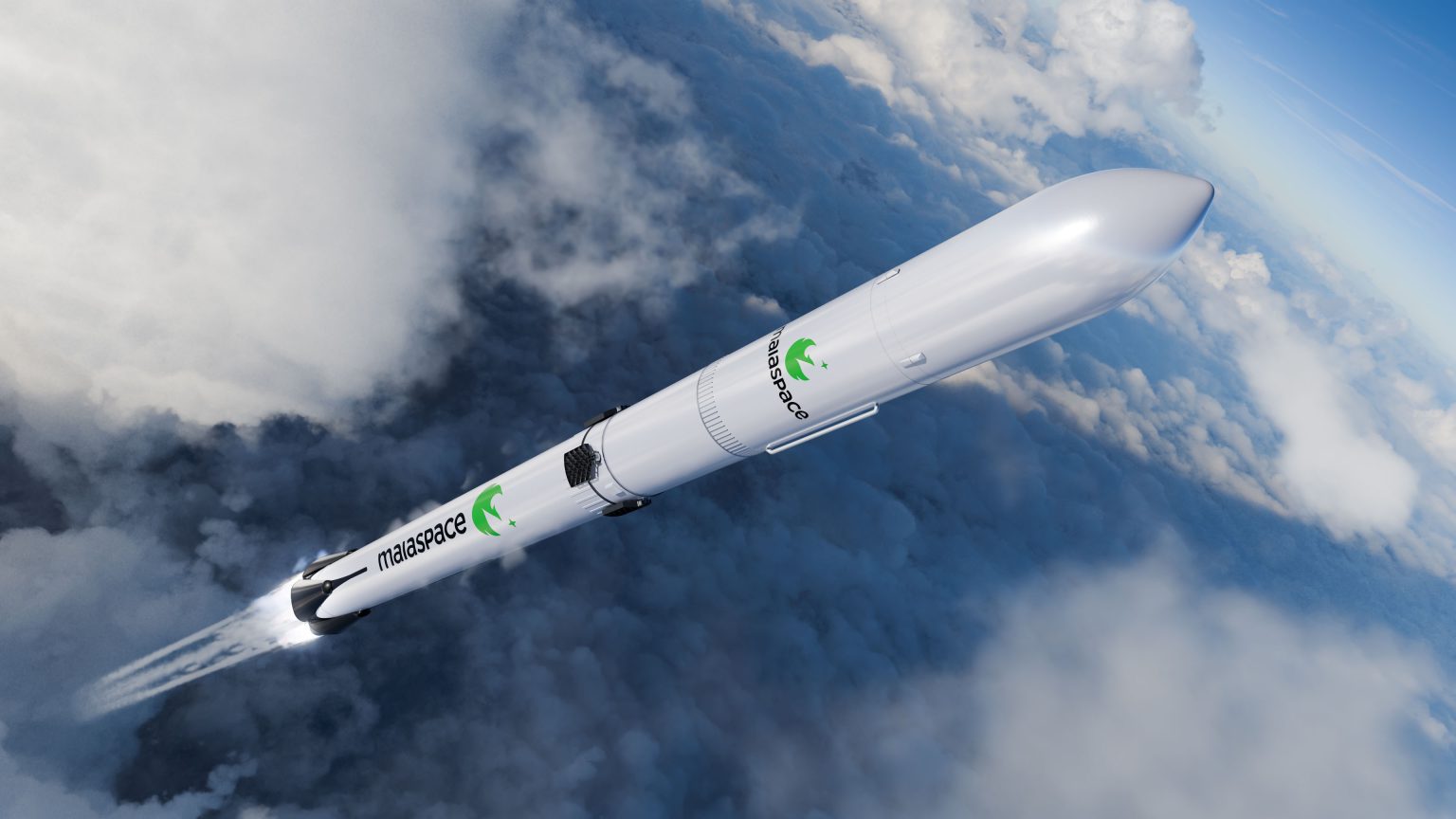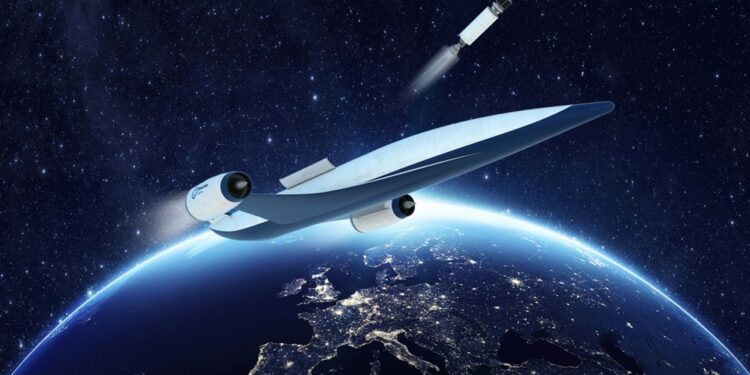Europe is set to challenge the United States’ dominance in the space cargo delivery sector with The Exploration Company’s ambitious project to introduce a reusable spacecraft, the Nyx. The initiative marks a significant milestone as Europe’s answer to SpaceX’s Dragon capsule, and it recently secured a massive $160 million in a Series B funding round to bring this vision closer to reality.

The Dawn of Nyx: Europe’s Space Ambition Takes Flight
Founded by a trio of aerospace engineers—Hélène Huby, Sebastien Reichstat, and Pierre Vine—The Exploration Company is a beacon of European innovation and potential. With operations across Germany, France, and Italy, the startup has distinguished itself by targeting 2028 for the maiden voyage of its Nyx spacecraft to the International Space Station (ISS).
Nyx promises to handle a significant payload, boasting the capability to transport up to 3,000 kilograms of cargo to and from Earth. This venture is not only ambitious in its technical aspirations but also in its funding strategy. “We are the first company in the world where this is for the first time mainly funded by private investors,” Huby noted, contrasting their model with SpaceX, which was heavily supported by NASA in its early stages.
A Funding Boost to Propel Forward
The recent funding surge, spearheaded by prominent investors like Balderton Capital and Plural, propels The Exploration Company’s total capital to over $208 million. The inclusion of heavyweight backers such as Bessemer Venture Partners, NGP Capital, and European sovereign funds like French Tech Souveraineté and DeepTech & Climate Fonds underscores the broad confidence in the startup’s potential.

“Our achievements over the past three years, meeting our cash target every quarter, have shown our investors that we can deliver on time, on cost, and on quality,” Huby explained, reflecting on the startup’s consistent performance and the faith it has engendered among its supporters.
Strategic Alliances and Market Traction
The Exploration Company’s strategic positioning within Europe’s aerospace landscape is further solidified by its alignment with the European Space Agency (ESA). A €25 million contract awarded earlier this year for developing cargo return services demonstrates ESA’s commitment to nurturing indigenous space capabilities. This partnership not only mirrors NASA’s approach through programs like the Commercial Orbital Return Transportation Services but also sets the stage for competitive bids aiming for a 2028 launch window.
Moreover, the startup’s commercial strategy seems just as robust, with approximately 90% of its $770 million contract backlog sourced from private station developers like Vast, Axiom Space, and Starlab. This substantial commercial interest signals strong market confidence in The Exploration Company’s offerings.

Learning from Giants, Aiming for the Stars
Despite a hiccup with the Ariane 6 launch this summer, where the first demonstrator vehicle could not be deployed due to an issue with the rocket’s upper stage, the team remains undeterred. A second sub-scale demonstrator mission, dubbed Mission Possible, is slated for launch aboard a SpaceX Falcon 9 next year.
Huby’s respect for SpaceX is palpable, “I highly respect what SpaceX has been able to achieve,” she said, emphasizing the inspiration drawn from Elon Musk’s company. However, she also believes in the necessity for more players in the space industry, “We are trying to learn as much as possible from that, we are inspired by what they have achieved. But we also believe the world needs more competition and we want, step by step, to build an alternative.”










